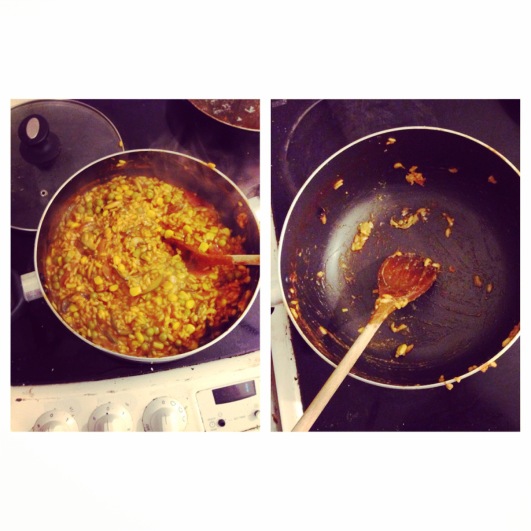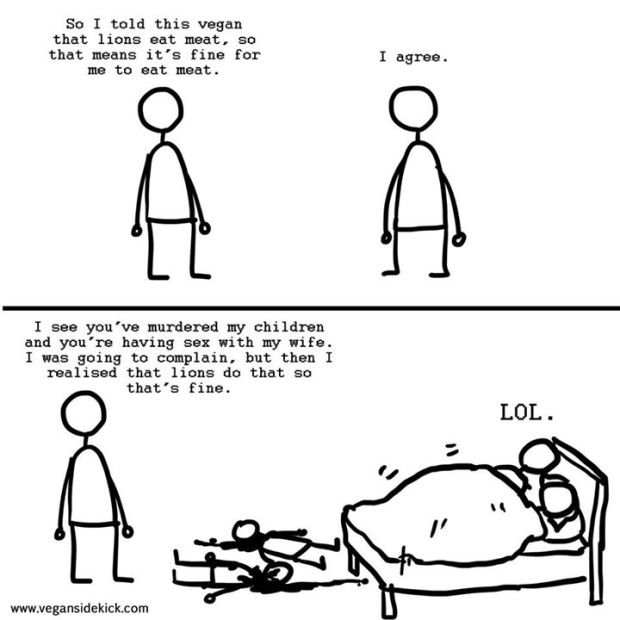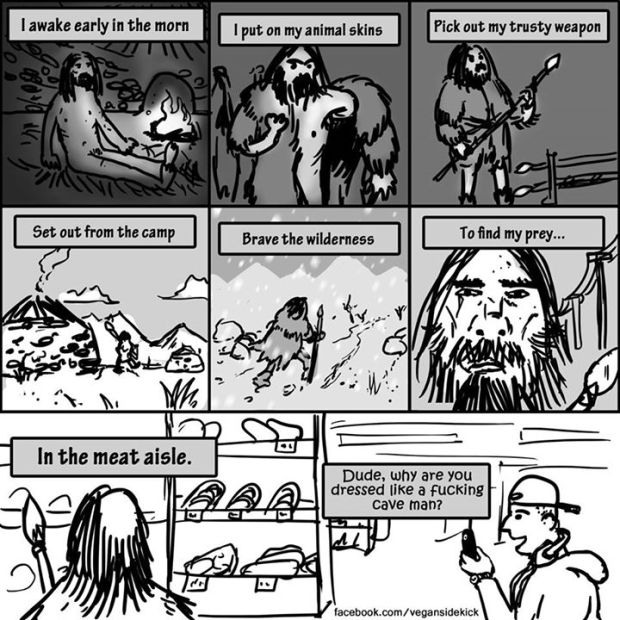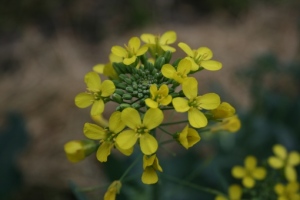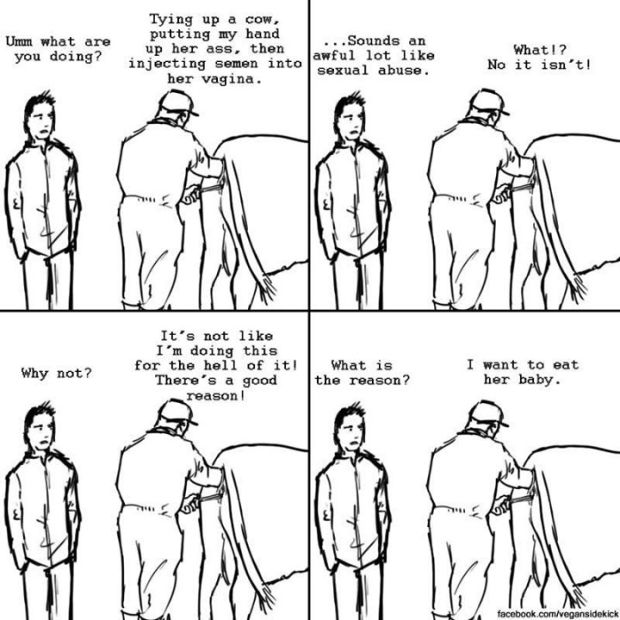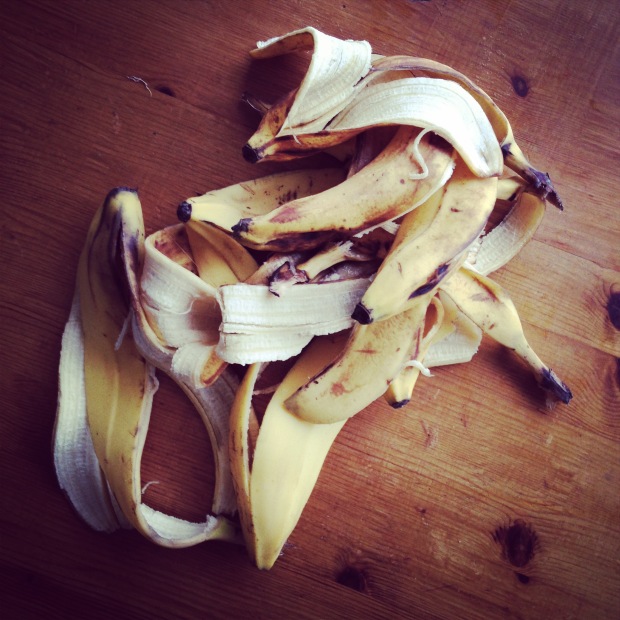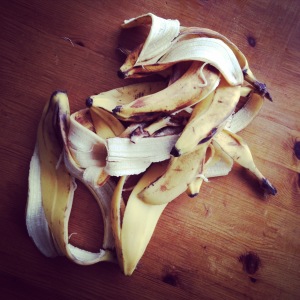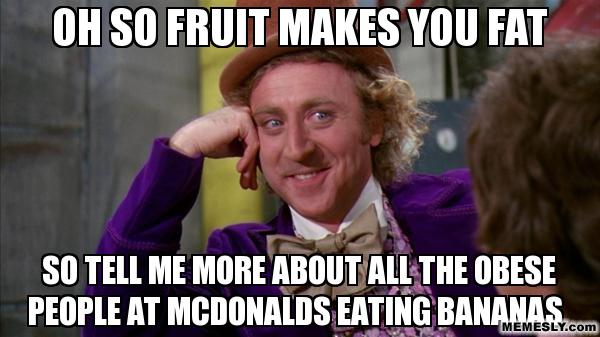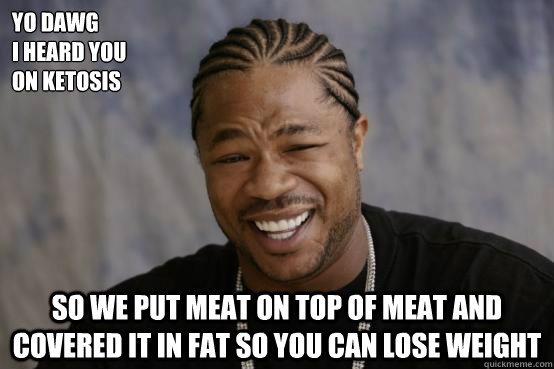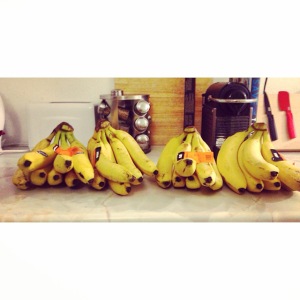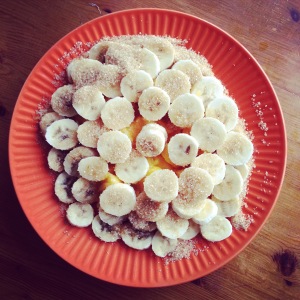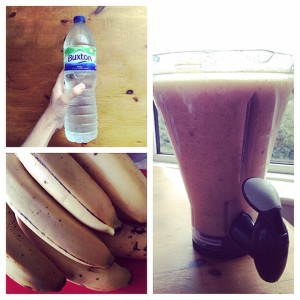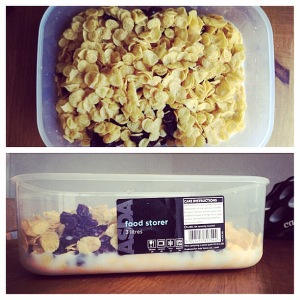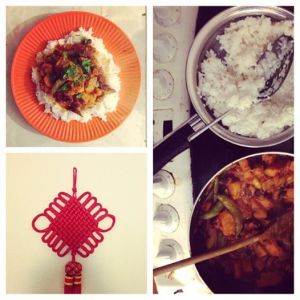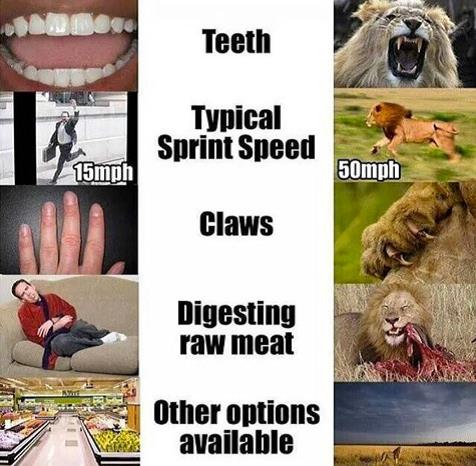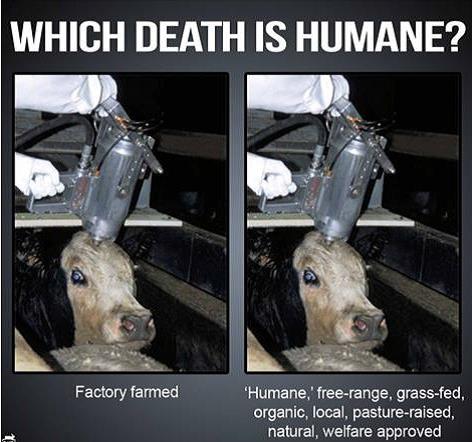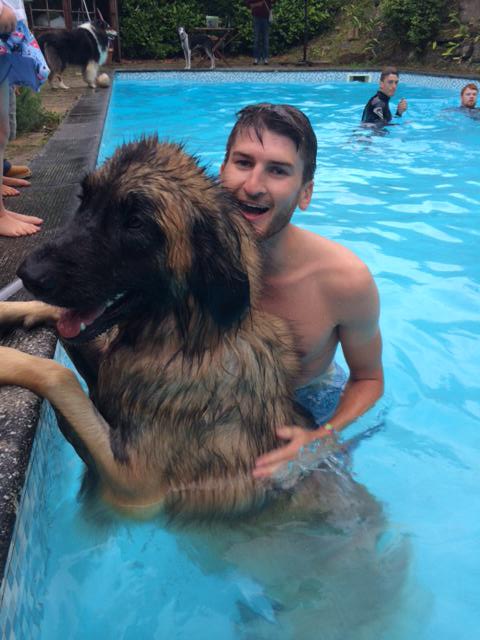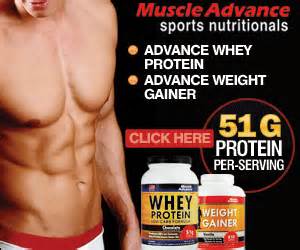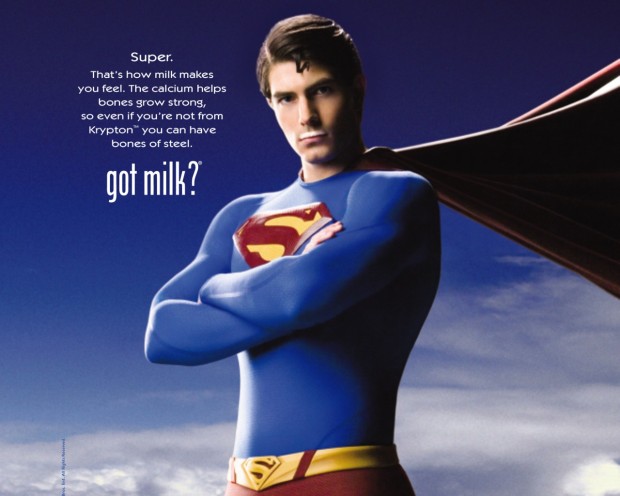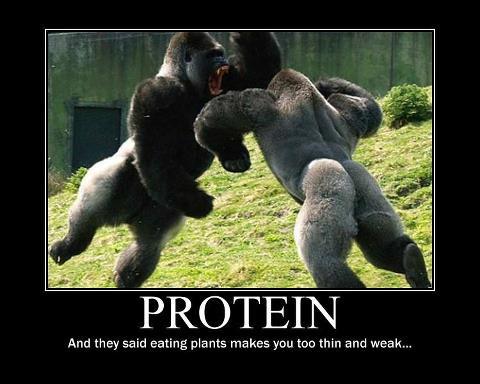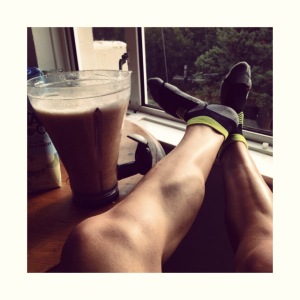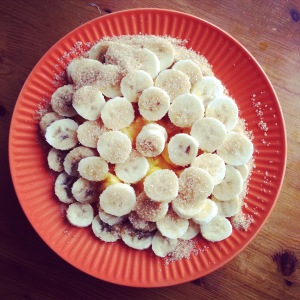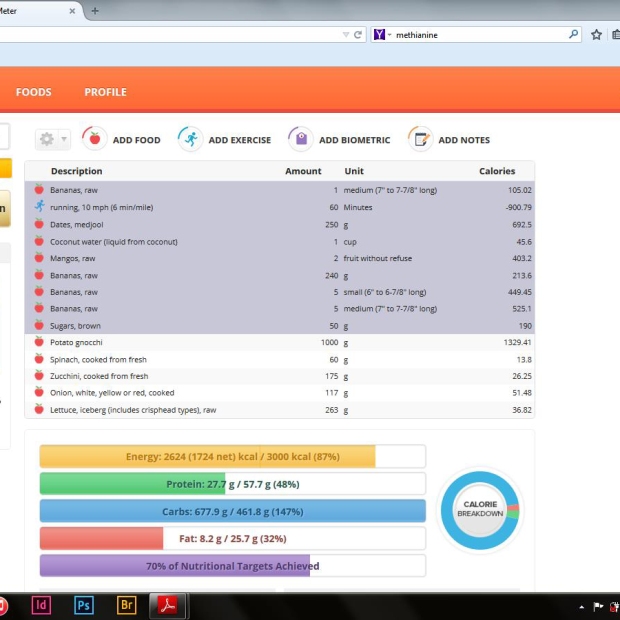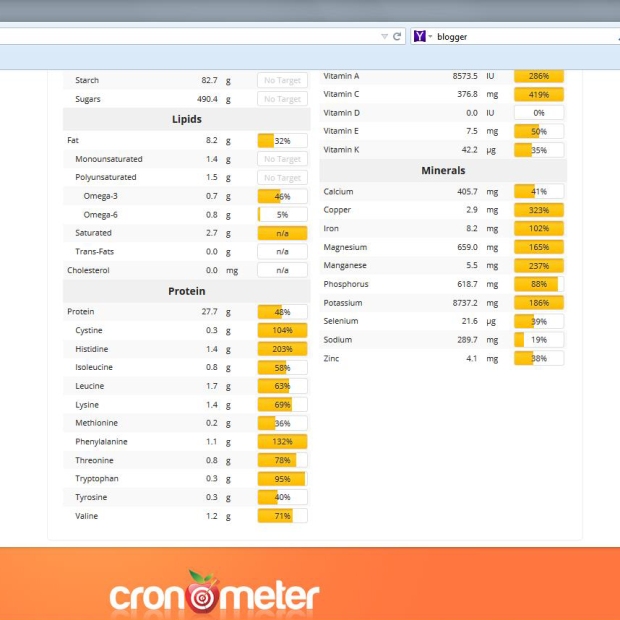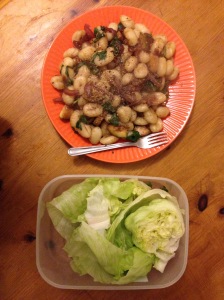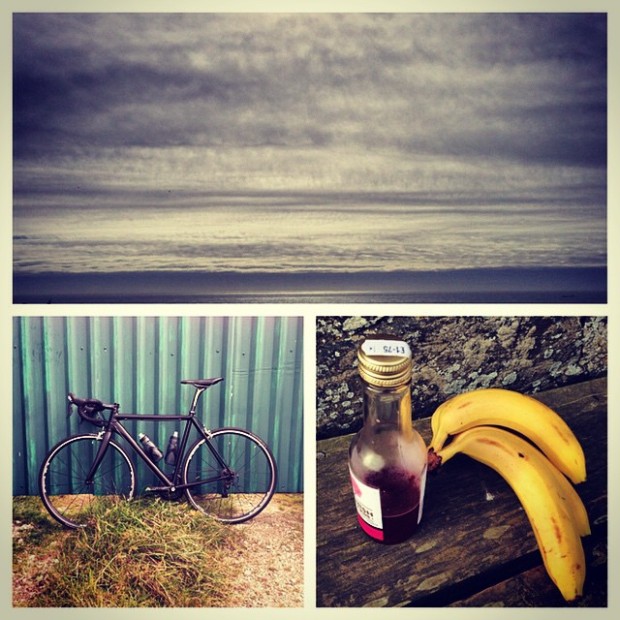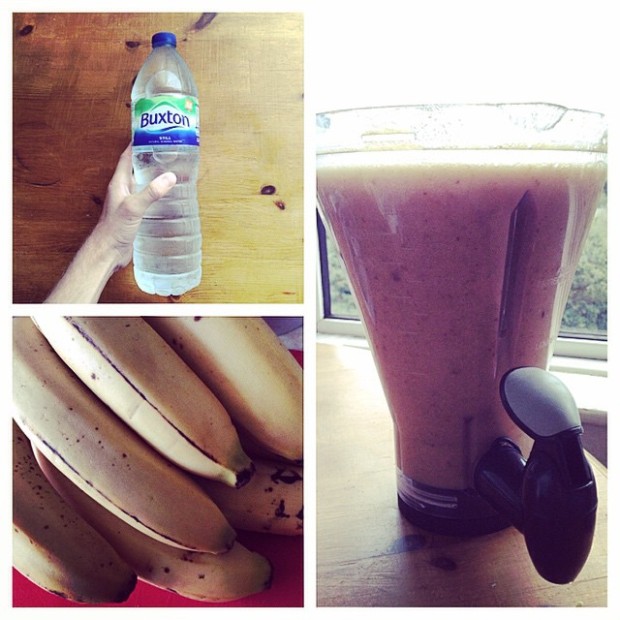Of course there are many factors that contribute to how well we sleep – stress levels, or how light- and sound-tight your bedroom is, for example. However, a big contributing factor is whether you have eaten enough both throughout the day and for dinner. I know that linking how much we eat to how well we sleep seems farfetched, but here me out.
One of the best things about the high-carb, low-fat, raw till 4 vegan lifestyle is that you quickly realise exactly what you’re body needs once you start giving it the right fuel. Once you stop trying to live off toast and coffee for breakfast; sandwiches, tea and biscuits for lunch, you begin to realise just what your body needs; that is sugar, water, sleep.
I’ve been doing this for nearly two months now and it’s got to the point where I really notice it if I don’t stick to eating fruit until 4pm and drinking at least 2 litres of water daily – I literally can’t function. Example: just the other day, instead of my usual breakfast routine of drinking a litre of water followed by about ten bananas (or whatever fruit I have to hand), I instead skipped the water and had just cereal. It doesn’t sound like a big deal but the fact that I had gone so long beforehand eating uncooked, unprocessed food during the day – and by definition cereals are cooked and processed – I felt sluggish and tired, I had a headache and couldn’t concentrate on my work. This is because cooked food is slower to digest and in fact slows your whole metabolism, something I’ll get back to later. If you want top-rate fuel, fruit is the way to go.
Another good example was just last night; me and a friend were attempting to make some home-made vegan pizza, and suffice to say it didn’t really go well:
I used far too much dough and the thing turned out like a pizza cake, which sounds awesome if it wasn’t for the fact that the base tasted like I was biting into a chalk duster. Anyway, that wasn’t the problem. The problem was that because most of it was inedible, I went to bed pretty under-carbed, which given that I had been for a two hour bike ride earlier that day wasn’t a good thing. Although I felt full, I wasn’t nearly full enough calorie-wise. That’s a mistake people often make – there’s a difference between feeling full and having enough calories in you to ensure you’ve replenished your energy stores which have been depleted either throughout the the day or through exercise.
That’s why I, like a lot of people on the high-carb-low-fat vegan lifestyle, am a strong advocate for calorie counting. And I’m not talking calorie counting to check whether I’ve gone over the ‘government recommendation,’ whatever that is; I’m talking counting calories to make sure that I’ve eaten enough. As I’ve said in previous posts, I aim for a net intake of at least 3,000+ calories a day, regardless of whether I’m exercising. Sure this might mean carrying on eating past the “I feel full” point, but that’s what you have to do to ensure you have enough calories to do the things you want and not feel like a slug. Seriously: go eat a cooked meal clocking in at 1,000+ calories and you’ll want to do nothing but sit down and fall asleep; eat 1,000+ calories of fruits or vegetables and you’ll have boundless energy. And that’s not because of the old wives’ tale of ‘the sugar rush’, it’s simply because of the high water content of said fruits and vegetables. High water content means peak digestion speed, and peak digestion means peak energy!
But I digress, and back to the matter at hand: last night I went to bed simply not having eaten enough. And guess what happened… I couldn’t sleep. Bearing in mind that since going raw till 4 vegan I have enjoyed some of the best nights’ sleep I can remember – I’m talking 8-10 hours uninterrupted – I didn’t even consider it to be a coincidence, and when it got to 2am and all I could think about was what food was in the fridge downstairs I was proven right.
You might recall the term ‘fight or flight’ from your GCSE Biology lessons. Well, going hungry triggers that same response, meaning that you are sharper, more alert, and ready to move at any moment – all terrible things when trying to sleep. So as a result of last night’s lack of sleep – I don’t think I got away until about 4am – today has been pretty terrible. I woke up late, not eating ‘breakfast’ until about 11am, meaning that I was essentially a meal down for the whole day. I was obviously tired and so had no desire to exercise and concentrating on work was difficult, even after downing as much water and fruit as possible. All in all it kind of sucked.
So how am I combating this? Well, I just smashed half a kilo of risotto rice, various vegetables and a whole romaine lettuce heart. Tonight I’m going to sleep like the proverbial baby.
You see, as the quantity of food you eat increases, so too does the amount of insulin released as a normal part of the body’s digestion. The insulin then increases the amount of serotonin and melatonin that flood the brain, two chemicals associated with drowsiness (and, for that matter, happiness). It’s precisely the reason why, after every Christmas dinner, grandma and grandpa are comatosed on the sofa. But people will often see this as a bad thing – “oh no,” they fret, “I’ve eaten too much, I’m going to give up carbs as a new year resolution!”
Well I say: Eat like that every damned night! I’m not talking turkey and bone juice gravy, mind you, I’m talking lean, low-fat carbohydrates like rice, potato and pasta (plus lots of vegetables). Don’t worry, you won’t get fat (just Google high-carb, low fat vegan and you’ll see for yourself). Or, for those that know me personally, they can testify that I’m a string bean. Stuff yourself at least 2-3 hours before going to bed and you’ll drop off no questions asked. Plus you’ll feel happier and have the energy to smash out another high-energy day tomorrow!

